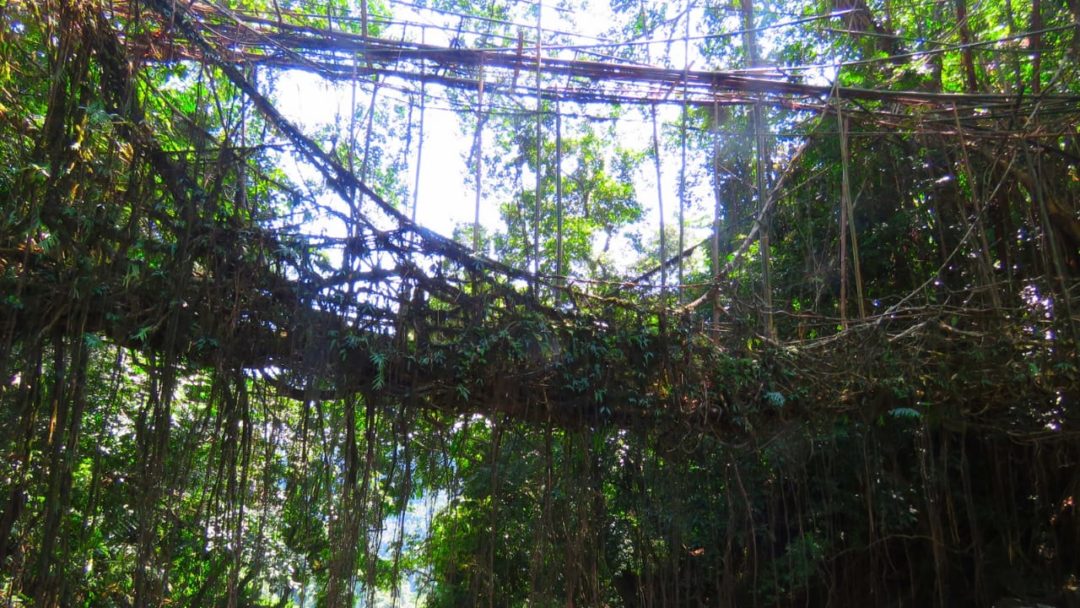Meghalaya’s Jingkieng Jri, Living Root Bridge included in UNESCO World Heritage Site

Meghalaya’s Jingkieng Jri (living root bridge) has been included in the United Nations Educational, Scientific and Cultural Organization (UNESCO) world heritage site tentative list.
This was informed by the Chief Minister Conrad K Sangma on Monday.
“Delighted to share that “Jingkieng Jri: Living Root Bridge Cultural Landscapes of Meghalaya” has been included in the @UNESCO World Heritage Site tentative list. I congratulate all community members and stakeholders in this ongoing journey,” Conrad said.
“I am thrilled to announce that our “Jingkieng Jri; Living Root Bridge Cultural Landscapes of Meghalaya” has been included in the @UNESCO World Heritage Site tentative list,” Forest & Environment Minister James K Sangma said.
Jingkieng Jri are bridges, created by human beings. These aerial bridges are created by weaving and manipulating the roots of the Indian Rubber tree. Although the Living Root bridge takes around 10 to 15 years to take its shape, it can last up to 500 years.

Leave a Reply